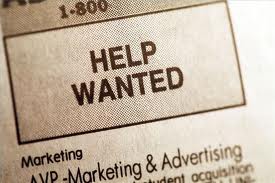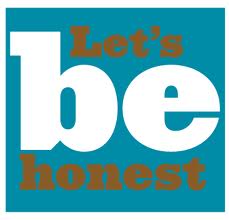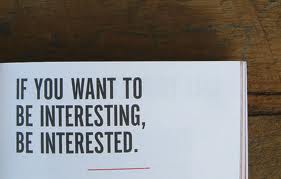 There are talented professionals who work on their resume and their marketing message. They spend days and weeks getting it “perfect.” Yet, for some reason, the results don’t follow.
There are talented professionals who work on their resume and their marketing message. They spend days and weeks getting it “perfect.” Yet, for some reason, the results don’t follow.
What is the impact of this? Disappointment, frustration and often rejection.
Are you doing all the “right stuff’?” Do you network, engage your contacts and set interviews, yet never get an offer? Or, worse, continue to hear, “You’re overqualified” or “We hired a better fit for our needs.”
It is very disheartening when you believe you are doing all the right things, yet results do not materialize. It wears on your confidence and sends your stress level sky-high.
If you received an interview, someone reviewed your resume and spent time checking you out online. By copying your resume directly into your LinkedIn profile, it feels like you are in alignment. Yet if these tools are out of sync with who you are, no matter how much they align with one another, you are setting yourself up for disappointment.
The continued emotional stress may have you contemplating giving up on securing your dream job. But, before you give up, get real with yourself. Take a HARD look at your profile, resume and search-related marketing.
From the outside it may appear your search is going well, after all, you are producing a lot of activity. But, internally, it is just not happening. It is time to ask yourself, “What is going on? What am I doing wrong?”
Many issues arise from two things. The first deals with WHO you are targeting. Most likely, your target employer list needs to be narrowed down or altered and the level of the position you are seeking needs to be more commensurate with your experience, expertise and aligned with your overall goals. The second thing getting in your way, deals with WHAT you are talking about. You must work to make your marketing message more clear and compelling.
Most of the time, the second thing is MUCH more critical because it involves looking internally, at your thoughts and beliefs. I believe you’ll find your thoughts are misaligned. This is fouling up your results. I have come to realize that if you are working hard (and smart) and the results are still not showing up, your thoughts and beliefs are out of sync with your marketing.
Maybe you believe you want to find a job, land the interview and love your life again, BUT you actually don’t think it is possible or true. Guess what? It is not possible if you don’t think it is possible.
Why? Until your marketing, actions and behaviors are aligned with your thoughts, feelings and beliefs it is not possible to find the ideal job you say you want.
Here is an example: Peter is a senior process engineer with unique expertise in the pharmaceutical manufacturing industry. His experience includes project management, process improvement and operations. He is good at what he does and he wants continue to contribute his time and talent to the industry. Peter is networking and doing everything else he “should be” doing.
As we looked at his marketing, Peter realized there were several pieces that were not in alignment with what he really wanted in his next position. As he examined his beliefs and actions, he noticed the subtle self-sabotage that translated into lack of appropriate tasks, follow-up and other actions that made him look and feel busy, but didn’t garner any results.
One of my mentors calls this “driving with the brake on.” You are burning fuel, tires, and moving, yet what you are doing is very destructive. With just a few quick coaching calls, Peter was able to release the brake. The subsequent actions he adopted were not nearly as hard or time consuming and lead him to land four interviews in three weeks. After a second round of interviews, he had two offers. He selected a position he is really excited about and it is congruent with his gifts, talents and family goals.
What are the thoughts and beliefs that are holding you back? Is it time for you to align your thoughts and beliefs and take actions that net results?
Are you tired of just hoping to be successful? Contact me, together we can achieve results.
focus, job search
 Does today, or worse yet, your life, feel out of sync? Is this feeling impacting your career?
Does today, or worse yet, your life, feel out of sync? Is this feeling impacting your career?









